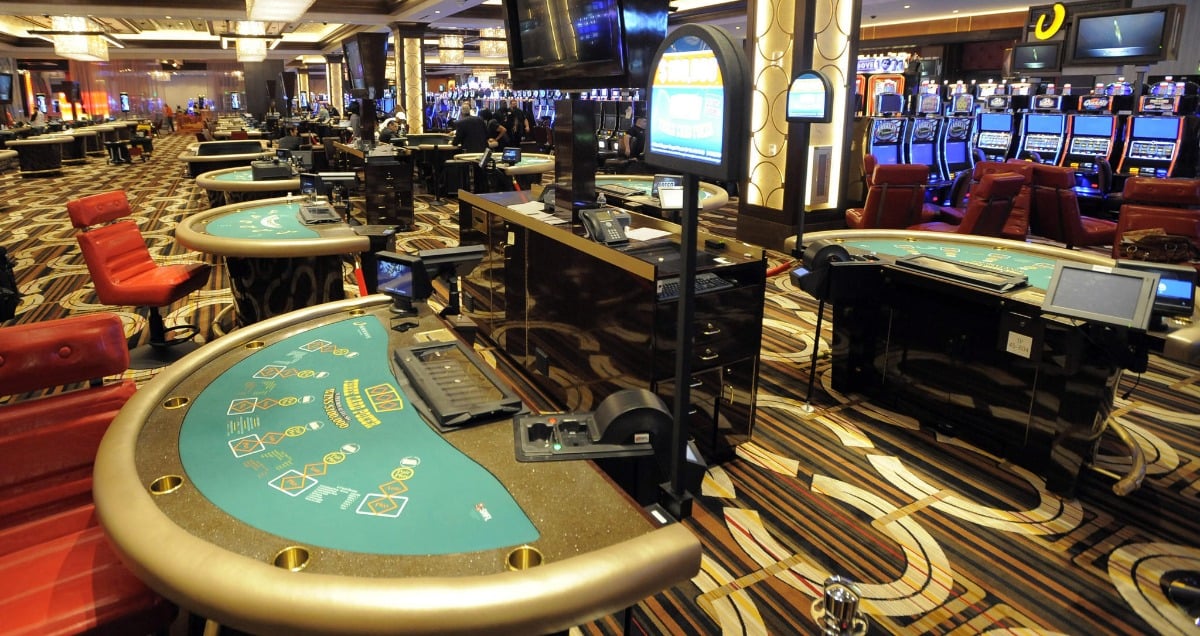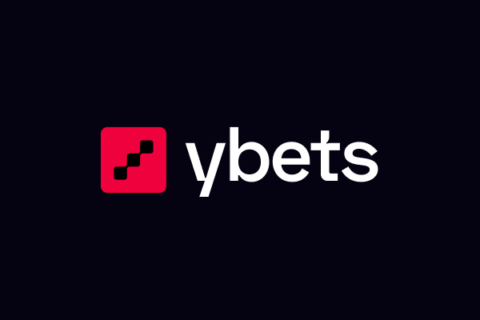Online Casino Legislation on the Table in Maryland

Maryland State Senator Ron Watson reintroduced a bill in 2024 aimed at legalizing online casinos in the state through a voter referendum following its failure to advance in the previous year.
In 2023, the legislative effort was represented by Bill SB267, and this year, it takes the form of SB603. The renewed bill proposes granting state casinos and Video Lottery Terminal (VLT) operators the ability to offer online casino services.
Additionally, the legislation suggests the issuance of five extra licenses to companies that have been based in Maryland for a minimum of 10 years and possess a minimum 5% stake in a VLT operator.
Those awarded a license under this category would be required to commit to constructing a $5 million live dealer studio within the state.
License holders are required to remit a $1 million fee for a five-year license term, and operators will be subject to a 47% tax on adjusted gaming revenue.
During the initial year, operators have the flexibility to deduct 100% of promotional credit. However, after the first year, these deductions are limited to 20% of the promotional spend.
A noteworthy provision designates 1% of both the license fee and taxes to contribute to the state’s fund dedicated to addressing issues related to problem gambling.
In conjunction with the approval of SB603, legislators must also endorse SB565. This additional measure is essential for presenting the question of online casinos to the voters. The proposed ballot question in the current draft remains unspecified.
The query presented to voters involves whether they endorse the expansion of commercial gaming in Maryland to authorize Internet gaming, primarily to generate revenue for education.
Worries about potential cannibalization effects on the profits of Video Lottery Terminal (VLT) parlors and casinos in Maryland arise from the proposed expansion.
To assess the economic impact of online casinos, the Maryland Lottery & Gaming Control enlisted The Innovation Group to conduct a study.
Presented to the House Ways and Means Committee earlier in the month, the study concluded that the potential cannibalization impact of online gaming was minimal. Despite this finding, the issue remained a prominent concern among legislators during the discussions.
- Other news categories:
- SlotsUp's news





